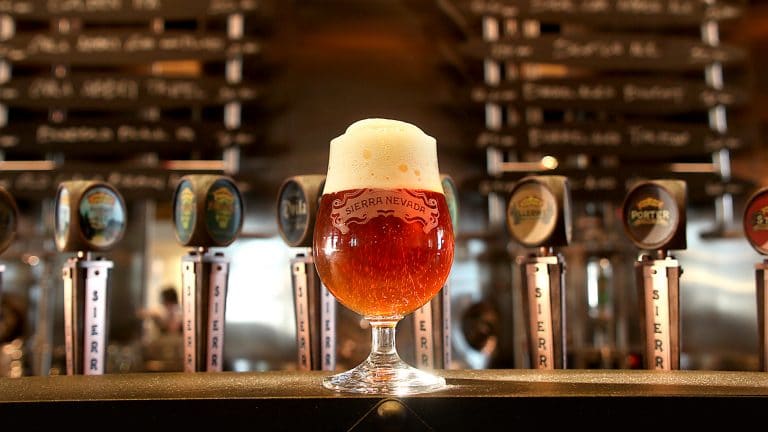STORY LINK / USA (May, 2020) – If you speak with people in the beer industry about sustainable practices, one thing quickly becomes clear: Brewing, in general, is not an environmentally friendly business.
“Beer is about as wasteful a product you can imagine,” says Joe Bolick, a director at the Iowa Waste Reduction Center (IWRC), a non-profit organization at the University of Northern Iowa that provides environmental consulting for state businesses. It takes three to seven barrels of water to make one barrel of beer, according to a paper published by the University of Vermont. A lot of energy is needed for heat during the brewing process, as well as for keeping the beer cool after. Then there are the byproducts that go unrecycled and the transportation footprint.
While sustainability has been a major focus in wine regions across the U.S. since at least the early 2000s, thanks to groups like California Sustainable Winegrowing Alliance, there hasn’t been a unified sustainable front for beer—until recently. “Brewing is so resource intense that it leads itself naturally to becoming more sustainable,” Bolick says. In other words, where there’s waste, there’s opportunity.
Read the full story at SevenFifty Daily here.
Related: 10 Breweries Where Every Day Seems Like Earth Day

